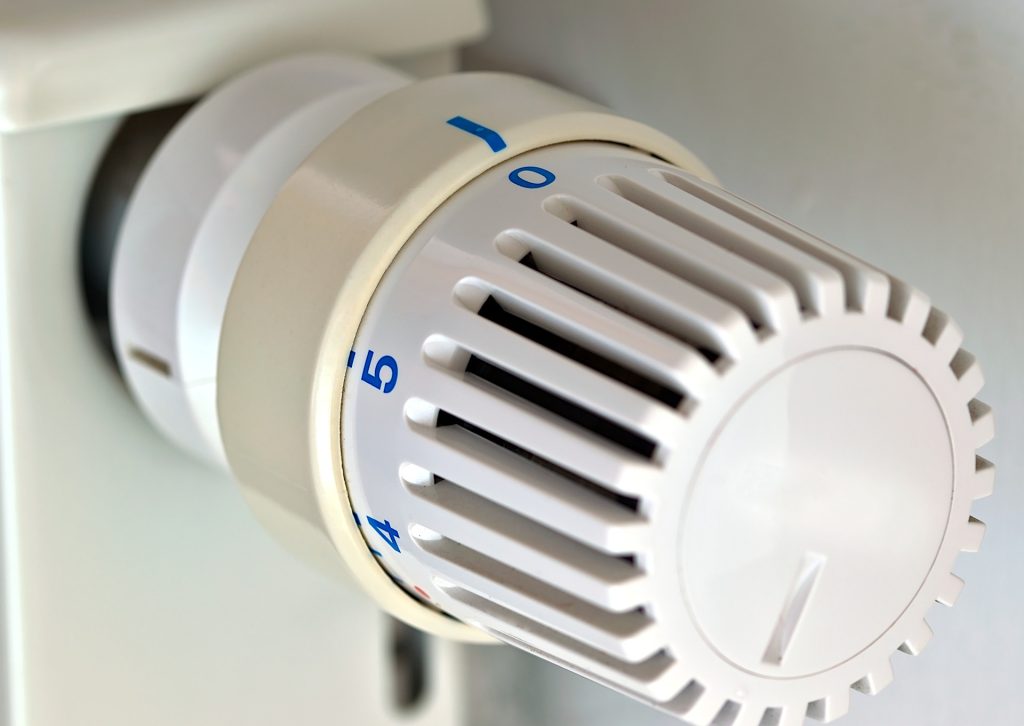
How to save on heating
With the winter season and in a period of high energy costs, it becomes increasingly important to know some good rules to save on bills. Our habits and the tools at our disposal can make the difference, both with autonomous heating and with centralised heating.
Let's find out together how to use radiators to save money and the good practices to follow to optimise the costs that affect our pockets.
How to save on heating bills?
The best starting point for saving while using heating is by eliminating waste. Enea, the Italian National Agency for New Technologies, Energy and Sustainable Economic Development, suggests some measures to make heating systems more efficient:
- carry out system maintenance because a system in good condition consumes and pollutes less;
- pay attention to the switch-on hours, considering that it is useless to leave the systems switched on day and night;
- monitor the temperature of the rooms, also because accumulating too much heat is harmful to health;
- isolate the windows at night with shutters, curtains or rolling shutters, thus reducing heat dispersion when the system is off;
- avoid obstacles in front of and above the radiators, because they hinder the diffusion of heat;
- insert a reflective panel between the radiator and the wall, limiting dispersion towards the outside;
- keep the windows open for a few minutes when you decide to renew the air in the room while the heaters are running;
- equip the systems with innovative technological solutions, which allow the user to independently manage the heating of their home;
- install thermostatic valves, which facilitate the flow of hot water in the radiators and control the temperature;
- replace traditional boilers with condensing ones, which achieve higher efficiency thus reducing costs.
It is useful to remember that many legislations set the maximum temperature inside homes, offices and public places at 20 degrees Celsius. Two degrees higher are allowed, but no more. The current energy crisis has forced the temperature to drop by one degree, bringing it to 19 degrees.
These values are considered optimal, both for home and work activities, by experts who deal with thermal comfort.
Even one degree over this limit increases consumption by between 7 and 8%, preventing us from saving on home heating.
With a conscious use of heating you can therefore save. For example, you can leave the heating on, constantly or avoiding excessive changes in temperature. In this way a lower thermal difference is achieved than with intermittent use.
This solution ensures that the temperature never drops too much, with less expenditure of energy to return to the desired comfort level. In fact, switching on the heating intermittently causes the boiler to work longer and at high power to reach the required temperature.
How to save money with an autonomous heating system
Depending on where we live, we can find different solutions to save on heating. If we have an autonomous heating system, we can first of all plan to change the old boiler with a new generation one.
In fact, condensing boilers can reduce consumption by up to 30%: a clear improvement that translates into significant savings.
Having an autonomous heating system often means living in a single housing context. This allows you to evaluate the installation of solar panels to obtain additional energy to heat your rooms.
To save money with autonomous heating you can:
- carry out the heating system’s maintenance, at least once a year, especially to counteract the action of limescale. The operation requires the assistance of a specialised technician, while the venting and bleeding of the radiators can simply be done independently;
- open the windows to change the air in the rooms during the hottest hours, taking advantage of the heating off or at minimum;
- limit or completely eliminate the dispersion of hot air if you notice that there are too many drafts in the house. Solutions such as double glazing are very effective: they create a barrier between the outside and the inside, keeping the spaces warmer and more welcoming.

What is the cheapest way to run your centralised heating system?
For those who live in a condominium and want to heat their apartment while saving money, there are several solutions to adopt. Furthermore, in condominiums, the ignition hours of the centralised systems must be respected, depending on the climatic zone in which you live.
Installing heat cost allocators for radiators helps keep an eye on consumption.
Similarly, it is possible to optimise the water flow of the radiators according to the desired temperature with the help of thermostatic valves. The smart ones, with their advanced technology, allow, among other things, to monitor the temperature with greater efficiency and precision, even remotely.
During the day you can take advantage of the sunlight, letting it enter from the outside. At night, on the contrary, it is advisable to screen the windows to prevent heat loss, by closing the shutters or lowering the blinds.
If you decide to change the air in the rooms, it is recommended to ventilate the house during the hottest hours, when the central heating system is deactivated or the radiators operate at a minimum.
Even for those who live in a condominium, they can follow some basic rules suitable for those living in a house with an autonomous heating system.
Plant maintenance is always an excellent solution to avoid unforeseen events. Sediments and limestone can seriously compromise the regular functioning of the radiators, which must be vented and purged regularly. It is also recommended to clean the radiators of dust.
As regards the control of the central boiler, it is necessary to ask the administrator to arrange the necessary work.
How to set your thermostat to save money
As previously mentioned, it is possible to establish a level named thermal comfort. It represents the feeling of physical well-being that we experience when we are satisfied with the environmental conditions that surround us.
Anyone who has an independent thermostat can set it in order to save on the final bill. A heating set at 19 degrees Celsius, as well as being required by current legislation, is indicated as the ideal one for home activities.
When we decide how to set the thermostat, we must take into account the time slots and our presence or absence at home. At night the heating must be deactivated: it can damage the inhabitants’ health, causing respiratory diseases, especially among children and the elderly.
Heat can be kept in bedrooms by insulating windows and closing both blinds and shutters.
In order not to disperse the heat from the radiators, these should not be covered with curtains, furniture or even wooden grilles.
You don't even need to use radiators as a support surface to dry some freshly washed clothes. In fact, the metal of the radiators cools down and energy consumption is therefore higher.
The adoption of new generation or smart thermostatic valves certainly contributes to regulating the thermostats more easily and quickly. Thanks to the sensors, they can also detect the presence of people in a room, automatically adjusting the temperature.






